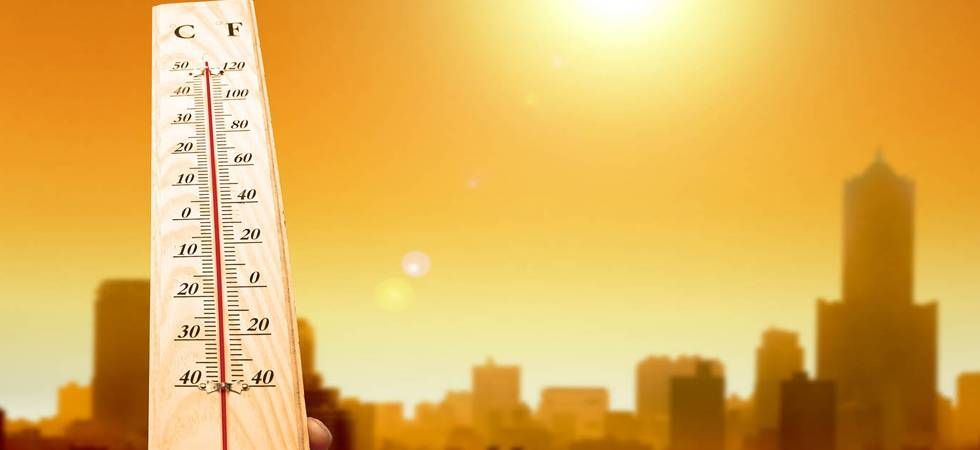The harrowing statistics released by the Union Health Ministry serve as a stark reminder of the escalating heat wave crisis that threatens human lives. Between March and May, 56 confirmed deaths and nearly 25,000 suspected cases of heat stroke have been reported across the nation. The actual toll is likely even higher, given that data from major states like Uttar Pradesh, Bihar, and Delhi remains unreported. Heat waves, now more frequent and intense due to global warming, have gripped the region, pushing temperatures beyond the threshold of human tolerance. The National Centre for Disease Control specifies that heat-related deaths occur when body temperatures exceed 40.6 degrees Celsius. The vulnerability of India’s population to extreme heat is exacerbated by several factors. The nation’s vast rural and urban poor lack access to adequate cooling mechanisms, making them particularly susceptible. People engaged in outdoor activities face heightened risks, as evidenced by the tragic deaths of 25 staff members in Uttar Pradesh and Bihar on a single day.
This crisis is not just a health emergency but a socio-economic challenge. The heat-induced mortality and morbidity strain healthcare systems, disrupt economic activities and exacerbate inequalities. Addressing this crisis requires a multifaceted approach. There must be a concerted effort to enhance public awareness, proper guidelines and health preparedness. This includes establishing early warning systems, improving access to cooling centres and ensuring the availability of adequate medical supplies and trained personnel. States must streamline data collection and reporting to provide a more accurate picture of the situation, facilitating timely interventions. Long-term strategies must focus on climate resilience. Urban areas need to adopt heat-mitigating measures such as increasing green cover, improving building designs and expanding public water facilities. Rural regions should receive support for agricultural practices that reduce heat stress on both crops and farmers. The heat wave deaths are a grim wake-up call. They highlight the urgent need for comprehensive strategies to protect vulnerable populations. Failing to act decisively will only result in more lives lost and communities devastated by the unforgiving heat.
Trending Now
E-Paper


